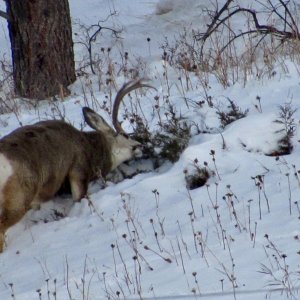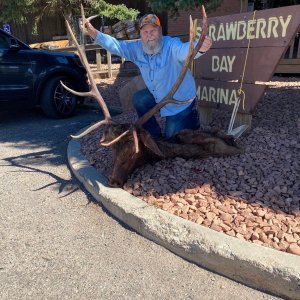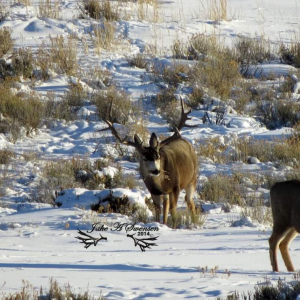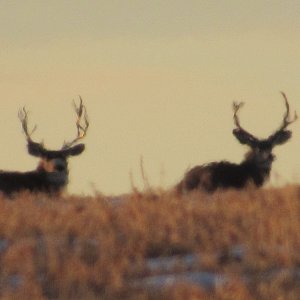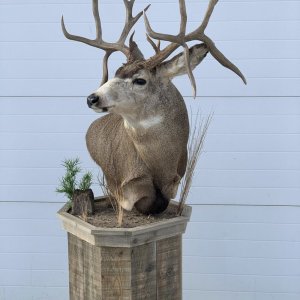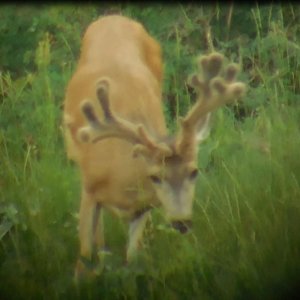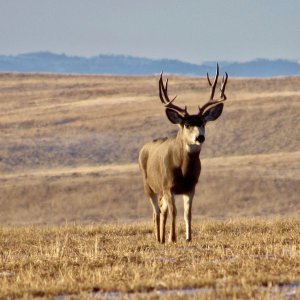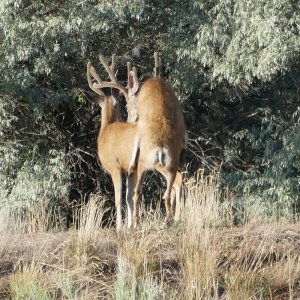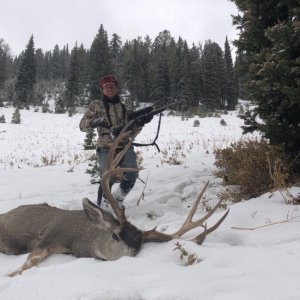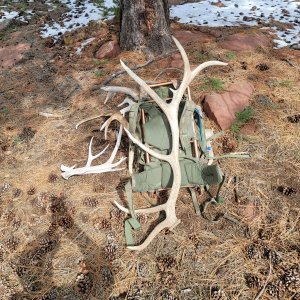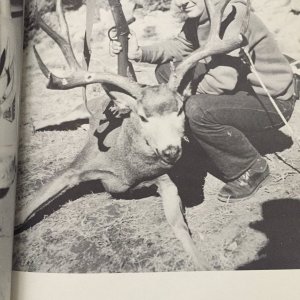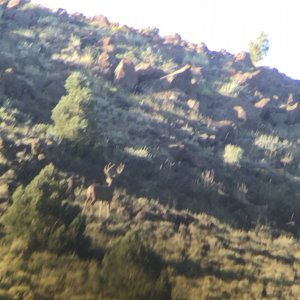Lions in the News
Back to List of Articles
Date: 8/28/2006
Article Title: Oregon hopes to trim rising cougar population
Media Source: The News-Review (Oregon)
Author: Associated Press
HEPPNER, Ore. (AP) ? With Oregon?s cougar population flourishing, state wildlife officials are planning to trap and kill 30 of them in hopes of improving the elk herd in the Heppner area.
?We?d been wanting to do some work for quite a while,? said Steve Cherry, acting district biologist for the Heppner district of the Oregon Department of Fish and Wildlife.
In June the commission approved Cherry?s proposal plus similar ones for areas near Medford and Ontario.
Elk numbers in the Heppner Unit have dropped from 5,000 in 1999 to about 2,900 today.
?A large part of that is the declining calf ratio over the last six years,? Cherry said. ?We used to run 40 calves per 100 cows. Last year, it was 18 calves per 100 cows.?
The ODFW says a survival rate of about 23 calves per 100 cows is needed to maintain a herd.
Researchers blame the big cats.
Researchers have radio-collared pregnant cows and their newborn calves to determine if predation, nutrition problems or a combination is causing the low survival rate.
When the collared cows give birth in May, the researchers try to collar the calves.
If a calf stops moving for too long, the collar emits a mortality signal. Researchers track it down and try to determine the cause of death.
Cherry says findings show that 73 percent of the dead calves have been killed by cougars.
?Our elk have very high pregnancy rates and pretty good nutritional condition,? Cherry said.
Cherry does not have a precise count of cougars in the Heppner Unit. Using a model for northeast Oregon, he estimates there are about 125 cats in the target areas, which includes all of the Heppner Unit north of the North Fork John Day River.
Seven smooth-jawed traps have been set east of Heppner, hopefully to trap 30 cougars before June.
They will be out until archery season begins, and then again in December after hunting ends for the year. In December, the ODFW plans to hire a hunter with hounds to help locate and remove cougars.
Signs have been posted near the traps., and each is at the base of a tree with a ?corral? of logs and rocks to funnel the cougar into the trap.
While people can't accidentally walk into the traps, Cherry said he worries about non-target species such as dogs, bears, bobcats and livestock. The traps are checked at least every 72 hours.
?It's a three-year process with an adaptive management approach,? Cherry said.
?At the end of the first year we'll look at how many cougars we've taken, the effect we think it's had on the cougar and big game populations, and then we'll adjust our cougar quota for the following year.?

